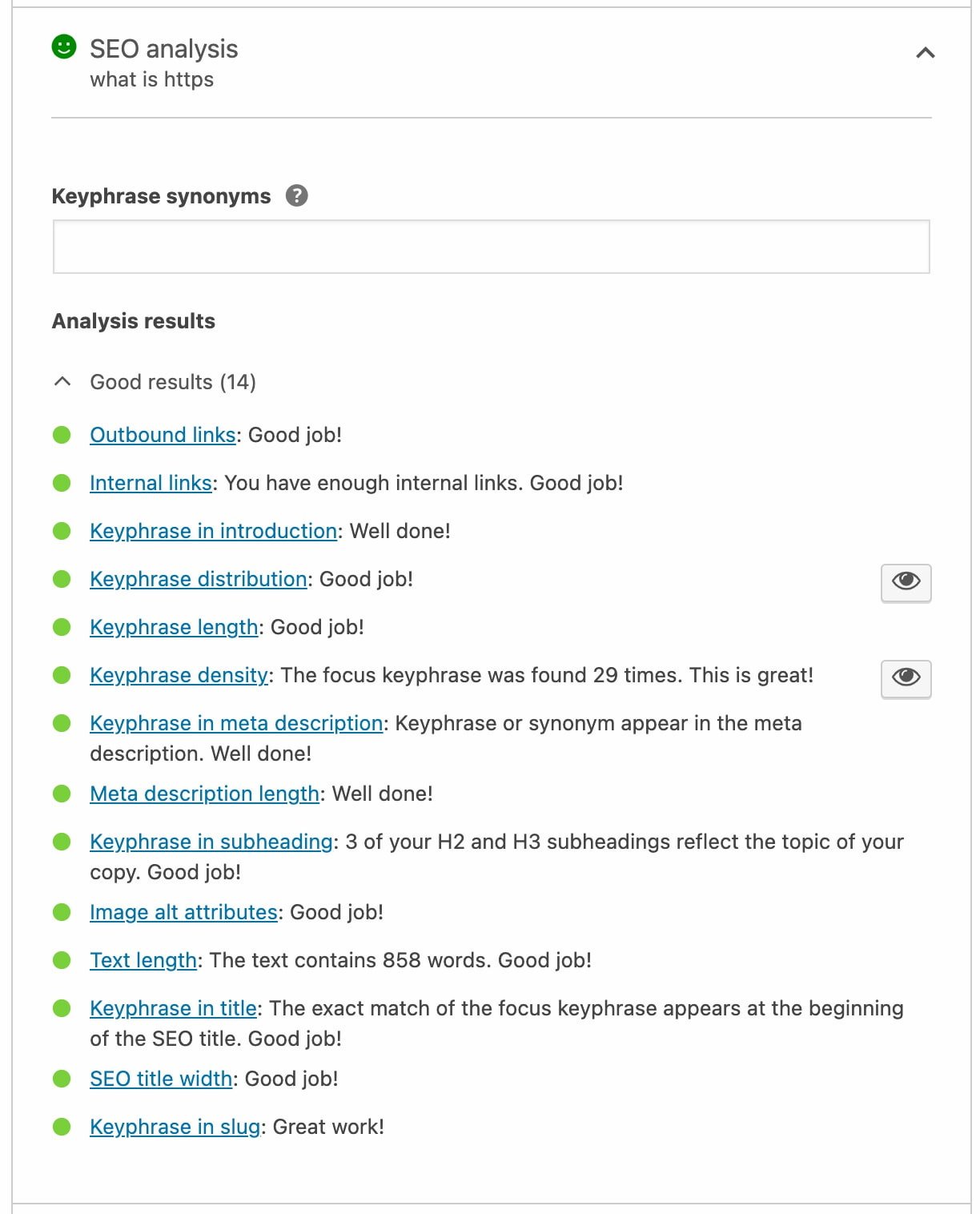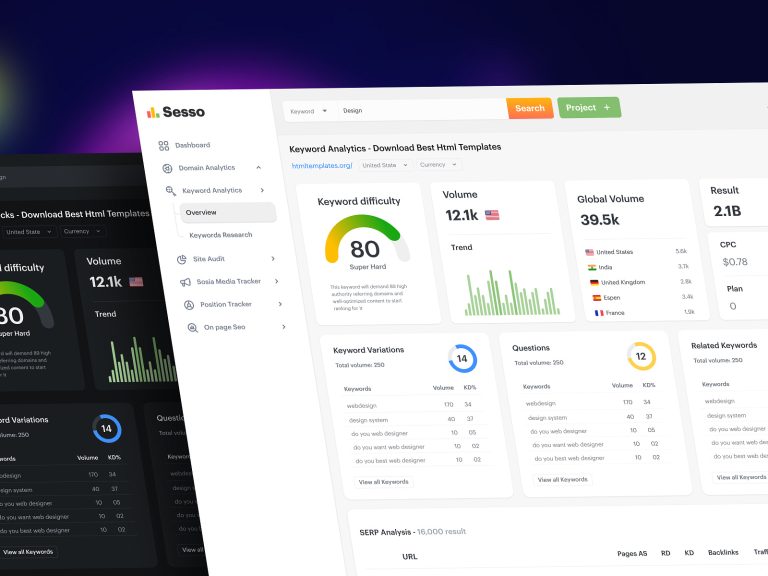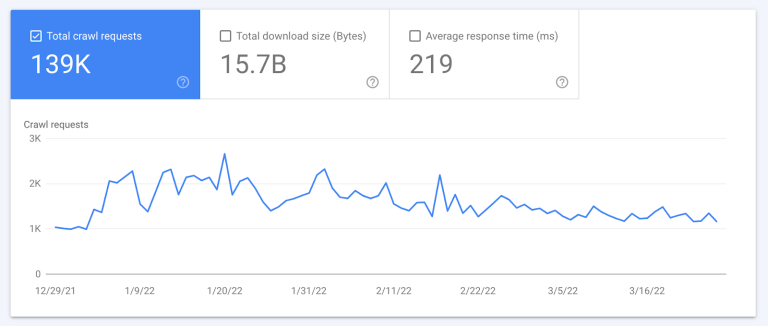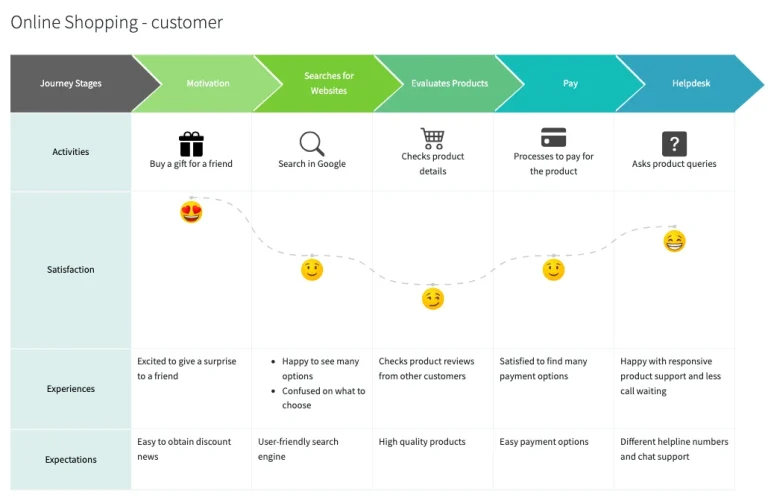
In the ever-evolving world of digital marketing, keyword targeting remains one of the most critical components of a successful SEO strategy. Whether you’re running an e-commerce store, managing a blog, or promoting a local business, understanding how to effectively target keywords can significantly impact your online visibility and, ultimately, your bottom line. This guide will walk you through the fundamentals of keyword targeting, its importance, and practical tips on how to implement it for optimal results.
What Are Keywords?
At its core, a keyword is a word or phrase that users type into search engines when looking for information, products, or services. These terms serve as the bridge between what your audience is searching for and the content you provide. For instance, if you run a website selling digital pianos, your primary keyword might be “digital piano” or more specific phrases like “best digital piano for beginners.”
Keywords are not just single words; they often consist of multiple words, known as keyphrases. These longer phrases tend to be more targeted and can help you reach a more specific audience. The key is to identify the terms your audience uses when searching for what you offer.
Why Are Keywords Important?

Keywords are essential because they help search engines understand what your content is about. When users search for a particular term, search engines like Google crawl the web to find pages that best match that query. By using relevant keywords, you increase the chances of your content appearing in search results, which can drive organic traffic to your site.
Moreover, keywords are crucial for search intent. Search intent refers to the reason behind a user’s search. It could be informational (e.g., “how to play piano”), navigational (e.g., “YouTube”), transactional (e.g., “buy digital piano online”), or commercial investigation (e.g., “best digital pianos 2025”). Aligning your content with the user’s intent ensures that your audience finds exactly what they’re looking for, improving their experience and increasing the likelihood of conversions.
How to Use Keywords Effectively

While keywords are important, it’s equally vital to use them naturally and in moderation. Overstuffing your content with keywords can lead to poor readability and even penalties from search engines. Instead, focus on creating high-quality, informative content that naturally incorporates your target keywords.
Here are some effective ways to use keywords:
1. Page Title and SEO Title
Your page title should include your primary keyword at the beginning, especially if it’s long. This helps both users and search engines understand the main topic of your page. Similarly, your meta title (SEO title) should also feature your keyword to improve click-through rates from search results.
2. Subheadings
Use your keyword in some of your subheadings (H2 and H3 tags), but avoid overusing it. This helps break up your content and makes it easier for readers to scan through your page while still signaling relevance to search engines.
3. Introduction
The introduction of your content is a great place to include your keyword. It sets the tone for the rest of the article and gives both users and search engines a clear idea of what to expect.
4. Image Alt Text
If your content includes images, make sure to add descriptive alt text that includes your keyword. This not only improves accessibility but also helps search engines understand the context of your images.
5. Meta Description
Your meta description is a brief summary of your page that appears in search results. Include your keyword here to entice users to click through to your site.
6. URL Slug
Your URL slug should be descriptive and include your keyword if possible. A well-structured URL helps both users and search engines understand the content of your page.
Balancing Keyword Usage

Finding the right balance is crucial when it comes to keyword usage. If you don’t use your keyword enough, you may struggle to rank for that term. However, using it too frequently can make your content feel spammy and unappealing to readers.
As a general rule, your keyword should make up 1-2% of the total words in your content. This ensures that it’s present enough to signal relevance without overwhelming your readers. Additionally, distribute your keyword naturally throughout your text, avoiding repetition in every sentence.
Tools to Help with Keyword Targeting
Several tools can assist you in identifying and targeting the right keywords for your content. One such tool is Yoast SEO, which offers features to check keyword usage, readability, and other on-page SEO elements. The plugin automatically analyzes your content and provides suggestions for improvement, making it easier to optimize your pages effectively.
The Role of Content Quality
While keyword targeting is important, it’s not the only factor that determines your search rankings. Search engines like Google now prioritize high-quality, valuable content that provides real value to users. This means that even if you have the perfect keyword density, your content must be engaging, informative, and useful to your audience.
To create content that ranks well, focus on addressing the needs of your audience. Conduct thorough research to understand what they’re looking for and how you can provide unique insights or solutions. This approach not only improves your SEO but also builds trust and loyalty with your readers.
Conclusion
In today’s competitive digital landscape, keyword targeting is more important than ever. By understanding what your audience is searching for and incorporating those keywords naturally into your content, you can improve your search rankings, drive organic traffic, and ultimately grow your business.
Remember, the goal of SEO is not just to rank higher in search engines but to provide value to your audience. By focusing on both keyword targeting and content quality, you can create a powerful SEO strategy that delivers long-term results.






